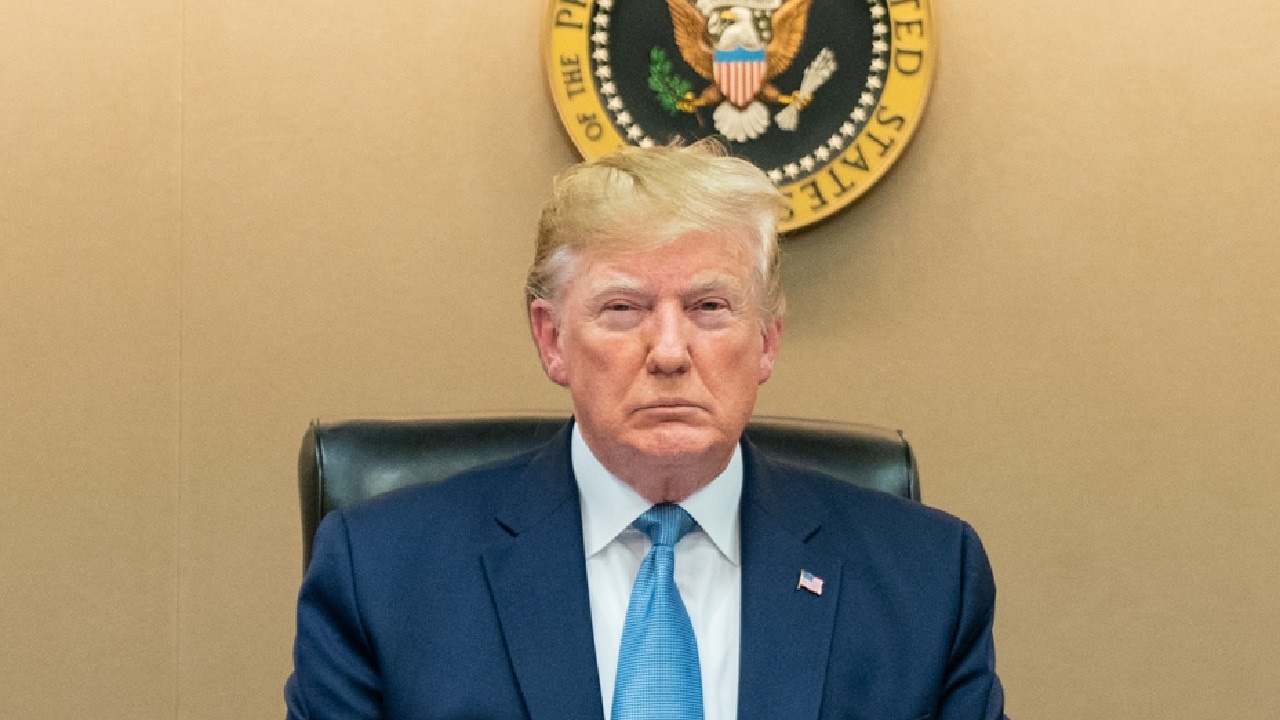Former President Donald Trump has been indicted under the Espionage Act for his handling of classified documents – leaving people to wonder: what is the Espionage Act? And what does the Espionage Act mean for Trump?
The Espionage Act
Congress enacted the Espionage Act over one hundred years ago, just after World War One – and the law was immediately used to abuse freedom of speech and freedom of the press. The Espionage Act was originally conceived in far-too-broad of terms (to prevent interference with military operations and recruitment, to prevent insubordination in the military, and to prevent the support of U.S. enemies during wartime) and accordingly has been used in a variety of interchangeable situations.
“The Espionage Act is wildly overbroad. We know this from experience. Former President Woodrow Wilson signed the measure into law in 1917 and immediately began using it as an instrument of political repression. During and after the First World War, his administration used the Espionage Act to prosecute thousands of people for legitimate political speech,” Politico reported.
In 1919, the Supreme Court made a landmark – and heinous – decision in Schenck v. United States that upheld the broad application of the Espionage Act; In Schenck, SCOTUS concluded that the defendant, who had distributed flyers to draft eligible American men urging them to resist conscription in World War One, was criminally liable under the Espionage Act for obstructing the draft. Really, the ruling was some third-world-Soviet-Union-BS, a naked repression of free speech, that liberals have been denouncing for a century.
I mentioned Schenck as a tangible example of how the Espionage Act has been used in the past.
Espionage Act used to keep public in the dark
“A major problem with the [Espionage Act] is that it fails to distinguish, on one hand, government insiders who share national security information with foreign powers in order to harm the United States, from, on the other hand, those who share information with the press in order to inform the American public about government misconduct and criminality,” Politico reported.
After the terrorist attacks on 9/11, the Espionage Act was used to prosecute whistleblowers who shared information with reporters, which “had the effect of discouraging other insiders from sharing information with the press, of limiting the public’s access to vital information about foreign policy, counterterrorism and war, and of consolidating government control over public discourse on those topics.”
(And that’s one of the things that’s so odd about left-wing criticisms of Trump’s relationship with the press; President Obama was uniquely vicious in his use of the Espionage Act to discourage whistleblowers from speaking to the press.)
Donald Trump most high-profile person ever indicted under Espionage Act
The Espionage Act has never been used against a sitting or former president before. That Trump could have followed simple procedures to declassify the information he is now accused of mishandling makes the application of the controversial law even more controversial. The Espionage Act has a long history of being used as a political weapon and the nature of the way Trump is being pursued suggests that the Espionage Act is still being used as a political weapon. I would caution Democrats against setting these kinds of precedents with respect to investigation and prosecution.
Harrison Kass is the Senior Editor at 19FortyFive. An attorney, pilot, guitarist, and minor pro hockey player, Harrison joined the US Air Force as a Pilot Trainee but was medically discharged. Harrison holds a BA from Lake Forest College, a JD from the University of Oregon, and an MA from New York University. Harrison listens to Dokken.
From 19FortyFive
Donald Trump Is Starting to Scare Everyone

